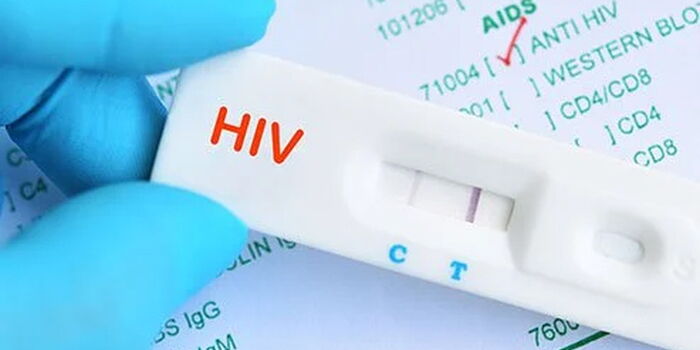New HIV Prevention Drug Requires Just Two Injections Per Year
Thousands of Kenyans are expected to benefit from a major medical breakthrough after the United States approved a new injectable drug to prevent HIV and AIDS.
On Wednesday, the U.S. Food and Drug Administration (FDA) gave the green light to a drug developed by Gilead Sciences, called lenacapavir, which is taken just twice a year to protect against HIV infection.
Lenacapavir, which will be sold under the brand name Yeztugo, is designed for use by both adults and adolescents.
It represents a major step forward in HIV prevention as it eliminates the need for daily pills, offering a more convenient and long-term option.
The drug belongs to a new class of antiretroviral medicines known as capsid inhibitors, which work by targeting the protective shell of the virus, preventing it from multiplying in the body.
In large-scale clinical trials conducted in 2023, lenacapavir showed almost 100% effectiveness in preventing HIV transmission.
This has brought fresh hope in the global fight against HIV and AIDS, particularly in regions like sub-Saharan Africa where the disease remains a serious public health challenge.
Kenya, which ranks seventh in the world in terms of HIV burden, has approximately 1.4 million people living with the virus.
The new drug could be a game-changer for the country, especially if it becomes widely accessible in low- and middle-income nations.
Health experts believe the new injection could help significantly lower new infections and reduce dependence on daily medications, which many people struggle to adhere to.
The drug’s approval comes at an important moment for Kenya, as the country continues to make progress in the fight against HIV.
Kenya has already met the UNAIDS 95-95-95 goals, which aim to have 95% of people living with HIV know their status, 95% of those diagnosed receive treatment, and 95% of those on treatment achieve viral suppression.
Over the last ten years, Kenya has also managed to reduce new HIV infections by 28%, showing strong national commitment and community support in addressing the epidemic.
Initially, Gilead Sciences faced pressure from global health activists and HIV advocacy groups to share its new drug technology with generic manufacturers.
The pressure paid off, and the company eventually agreed to allow six generic drug makers to produce the drug.
This decision opens the door for more affordable versions to be made available in resource-limited settings.
Kenya, along with other African countries like South Africa and Nigeria, has been listed among 18 nations that will be given early access to lenacapavir.
This means the drug could be rolled out in these countries sooner than elsewhere, offering hope to millions.
For patients who have not responded well to existing HIV treatments, lenacapavir offers a fresh lifeline.
The World Health Organization (WHO) estimates that nearly 40 million people worldwide are living with HIV, highlighting the urgent need for more accessible and effective prevention tools.
In recent years, Kenya has also faced challenges in maintaining its supply of life-saving HIV drugs, partly due to funding issues.
A key factor was the temporary halt in U.S. foreign aid in early 2020, during the administration of former President Donald Trump, which led to medicine shortages and disrupted HIV care programs.
Since HIV first emerged in the early 1980s, the disease has claimed around 40.4 million lives due to AIDS-related complications, according to data from USAID.
This new injectable drug marks a hopeful turning point in the decades-long fight, especially for countries like Kenya that are working hard to eliminate HIV as a public health threat.
Join Gen Z New WhatsApp Channel #JusticeforAlbertOjwang To Stay Updated On time
https://whatsapp.com/channel/0029VaWT5gSGufImU8R0DO30


